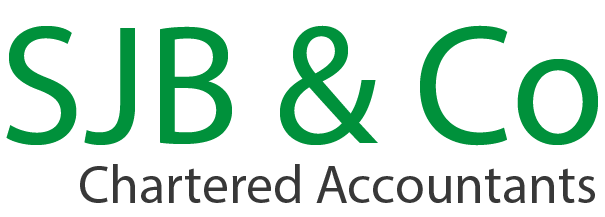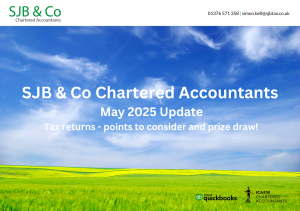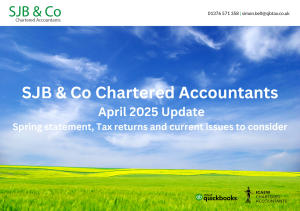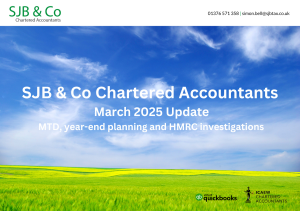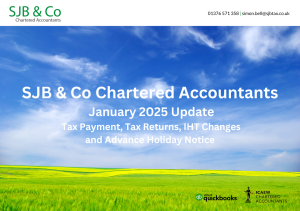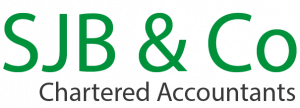Opportunities to save tax
Some of the ideas shared in the following check list may provide you with ideas for tax saving opportunities if implemented. This year, more than at any previous time, we need to take advantage of savings as the COVID virus continues to disrupt the economy.
Many landlords have seen significant reductions in rental income during the past year and those that have significant loan commitments have been faced with selling property to reduce exposure.
This short check list highlights tax planning opportunities that you may be able to take advantage of before the current tax year ends 5 April 2021.
Actions to take
- Scan the list,
- Highlight those items that would seem to have relevance, and
- Call so we can discuss what needs to be done to secure any tax saving benefits before 5 April
This article is not personal advice. No actions should be taken without taking professional advice, please call us to discuss how any of the ideas below can be applied to your circumstances.
Landlords’ Tax Planning Check List 2020-21
- Now that finance charges, mortgage interest etc, are no longer treated as a deduction for tax purposes – instead, they qualify for a basic rate tax credit – and with the pressures created by COVID disruption, this may be an opportune time to consider reducing finance costs especially if your rental income is subject to income tax at the higher rates. This may involve refinancing or selling highly geared properties.
- Review any replacement furniture and equipment to ensure you will qualify for replacement furniture relief (RFR). Remember, if you sold the replaced item(s) you must deduct any proceeds of sale when calculating your entitlement to RFR. This relief only applies to the replacement of existing items not the purchase of new items.
- If you are buying a buy-to-let residential property consider allocating a nominal amount in the contract for any second hand furniture left in the property. In this way, if you subsequently replace the furniture, you can write off all the expenditure under the RFR. If you do not allocate sums in the contract you will have no legal claim to the furniture and you will not be able to claim RFR when you replace it. This strategy will also save you stamp duty as this is not applied to the cost of furniture.
- Make sure that you amend your Will if you have acquired or disposed of rental properties since you last revised your Will.
- Transfers of property (or a part interest) between spouses are generally free of CGT and IHT charges. This may enable you to direct rental profits into the hands of the spouse taxed at lower rates. Planning is key as in certain circumstances this may trigger a stamp duty charge.
- If you declare rental profits on your self-assessment tax return you will be subject to income tax on profits declared. You may have made your first payment on account for 2020-21 that was due 31 January 2021. This payment is an estimate based on property profits earned in 2019-20. Many landlords will have suffered a reduction in the current tax year, 2020-21, and can therefore reduce any payments on account they make for that year – payments on account for 2020-21 are payable 31 January and 31 July 2021. If you believe your rental profits have reduced in 2020-21 compared to 2019-20, then we suggest that we complete your rental accounts and tax return early this year so that the July payment on account can be adjusted appropriately or any overpayment of tax reclaimed.
- Finally, if you do dispose of residential property that forms part of your portfolio and you make a chargeable gain on the disposal this will be subject to a capital gains tax (CGT) charge in the tax year you make the disposal. Normally, these gains would form part of your self-assessment. Unfortunately, since 5 April 2020, disposals of residential property – that are not your private residence – are now subject to new rules. You are required to declare disposals online within 30 days of completing the sale and pay any CGT due in the same time period. This is a relatively tight reporting and payment timetable so please discuss with us any sales of such properties in advance of the sale so there is adequate time to gather the required information.
Act Now
Some of the suggestions made in the above check lists time-out – are no longer effective – unless you act before 6 April 2021 (or your financial year end date if different).
If you have spotted any item on our check list that strike a chord, call now so we can discuss your options. Due to lockdown considerations this will need to be a telephone call initially, followed by possible online conversations.
DO NOT ACT on any of the matters outlined in this document without first contacting us for advice.
For more information or to discuss any issues raised above please contact Simon Bell by phone on 01376 571358 or email [email protected] . This article is written in general terms and therefore cannot be relied on to cover specific situations; applications of the principles set out will depend on the particular circumstances involved and it is recommended that you take professional advice before acting or refraining from acting on any material in this article.
